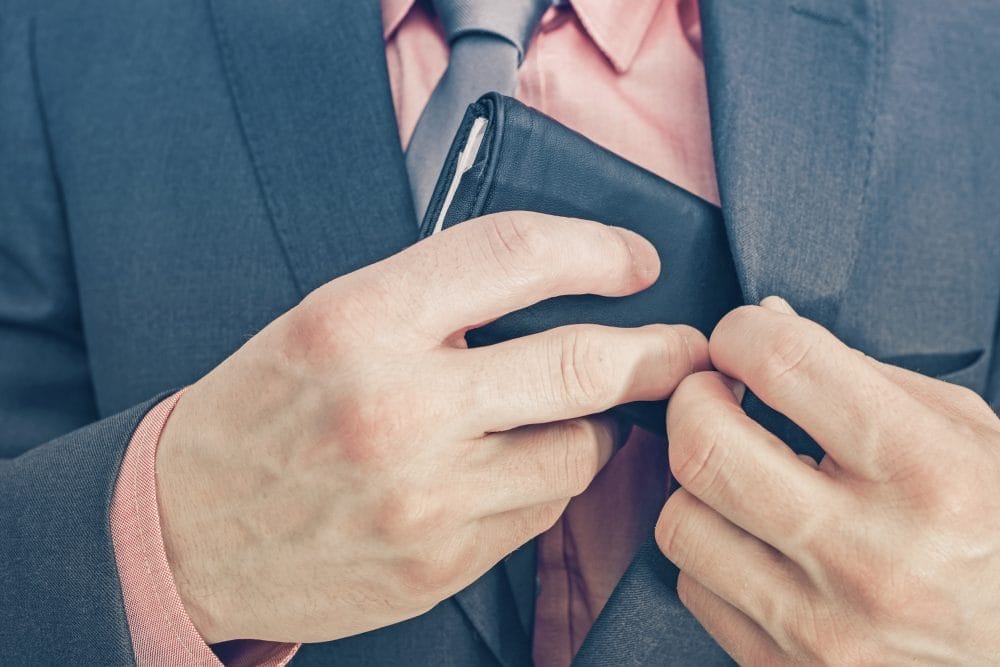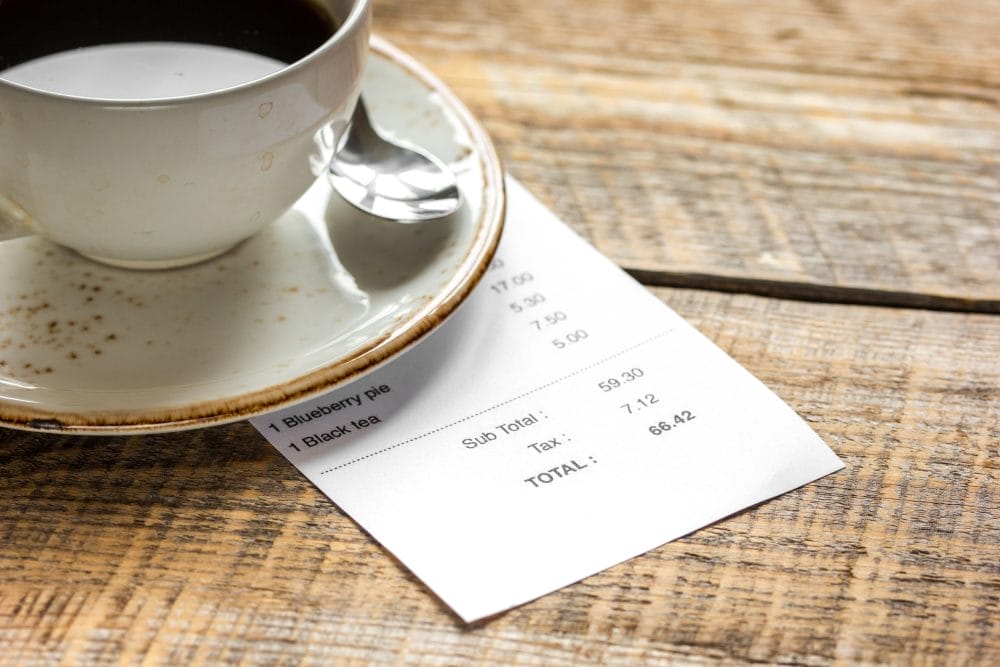It’s the classic setup: the bill arrives, everyone reaches for their pockets, and one person freezes with a look that says, Oops. They “forgot their wallet.” On the surface, it’s an innocent mistake—an oversight that could happen to anyone. But in certain situations, it’s not just a slip of the mind—it’s a subtle test, a social experiment, or even a power play. These moments can reveal more about relationships, trust, and human nature than most people realize.
1. The First Date Finance Test
Sometimes, the forgotten wallet act is a deliberate move to see how the other person reacts when faced with an unexpected cost. It’s less about the money and more about gauging generosity, adaptability, and willingness to help. If the other person shrugs and pays, it might be seen as a sign of compatibility—or, depending on tone and body language, a red flag for potential exploitation. The forgotten wallet can transform an ordinary dinner into a psychological checkpoint in a budding romance. What happens in those few moments can set the tone for the rest of the relationship.
2. The Friendship Stress Check
Friends can be close for years before money truly enters the equation in a meaningful way. Forgetting a wallet during a casual hangout may be an intentional way to see if generosity runs both ways in the friendship. The real observation isn’t just about whether someone pays—it’s about how they react, whether they brush it off, tease, or keep mental score. The response can reveal hidden resentments or reaffirm trust. Sometimes, this single moment can change the unspoken rules between friends forever.
3. The Workplace Coffee Gambit
In office culture, grabbing coffee together can be as much about politics as caffeine. When a colleague “forgets” their wallet, it might be a subtle way to see if teammates are willing to cover small costs in the name of camaraderie. This little dance can expose who values cooperation and who strictly tallies every cent. A gracious cover might be remembered later when collaboration or favors are needed. But if the request feels one-sided over time, even the most forgiving coworkers can start dodging those coffee breaks.
4. The Family Obligation Probe
Family gatherings often blur the lines between generosity, tradition, and expectation. A family member “forgetting” their wallet might be testing whether others uphold the unspoken rule that kin take care of each other. The reaction can say a lot about the health of the family dynamic—whether members feel supported or taken advantage of. Some relatives might happily pay, seeing it as part of their role, while others might quietly keep score. These moments can reinforce bonds or expose cracks in the family foundation.
5. The Social Circle Hierarchy Move
In groups of friends or acquaintances, social status often plays a silent but powerful role. When someone with perceived higher status “forgets” their wallet, they might be seeing whether the group accommodates them without question. The willingness of others to cover them can reveal how much sway they hold in the group dynamic. Conversely, when a lower-status member does it, the response might be colder or laced with judgment. These subtle exchanges can shift how the group interacts moving forward.
6. The Loyalty Litmus Test
In rare cases, the forgotten wallet is a planned loyalty check—often in situations where trust is being evaluated for future stakes. It’s not about a meal or a cab ride; it’s about seeing who steps up without complaint. The act can expose generosity, resourcefulness, or reluctance in high-pressure social environments. Those who pass the test may find themselves rewarded later with opportunities or deeper trust. Those who fail might never even know the moment was a quiet audition.
The Wallet Was Never the Point
Forgetting a wallet might seem like a small, awkward hiccup in daily life, but it’s often a silent test of character, trust, and relationship dynamics. These moments force people to react in real time, revealing generosity, resourcefulness, and unspoken expectations. Whether it’s a date, a friend, a coworker, or a family member, the response can leave a lasting impression. Money may be the tool, but the real currency here is trust.
What about you—how would you respond if someone “forgot” their wallet in front of you? Share your thoughts in the comments.
Read More
Why People Walk Away From Long-Term Friendships
7 Things That Quietly Turn Friends Into Enemies








